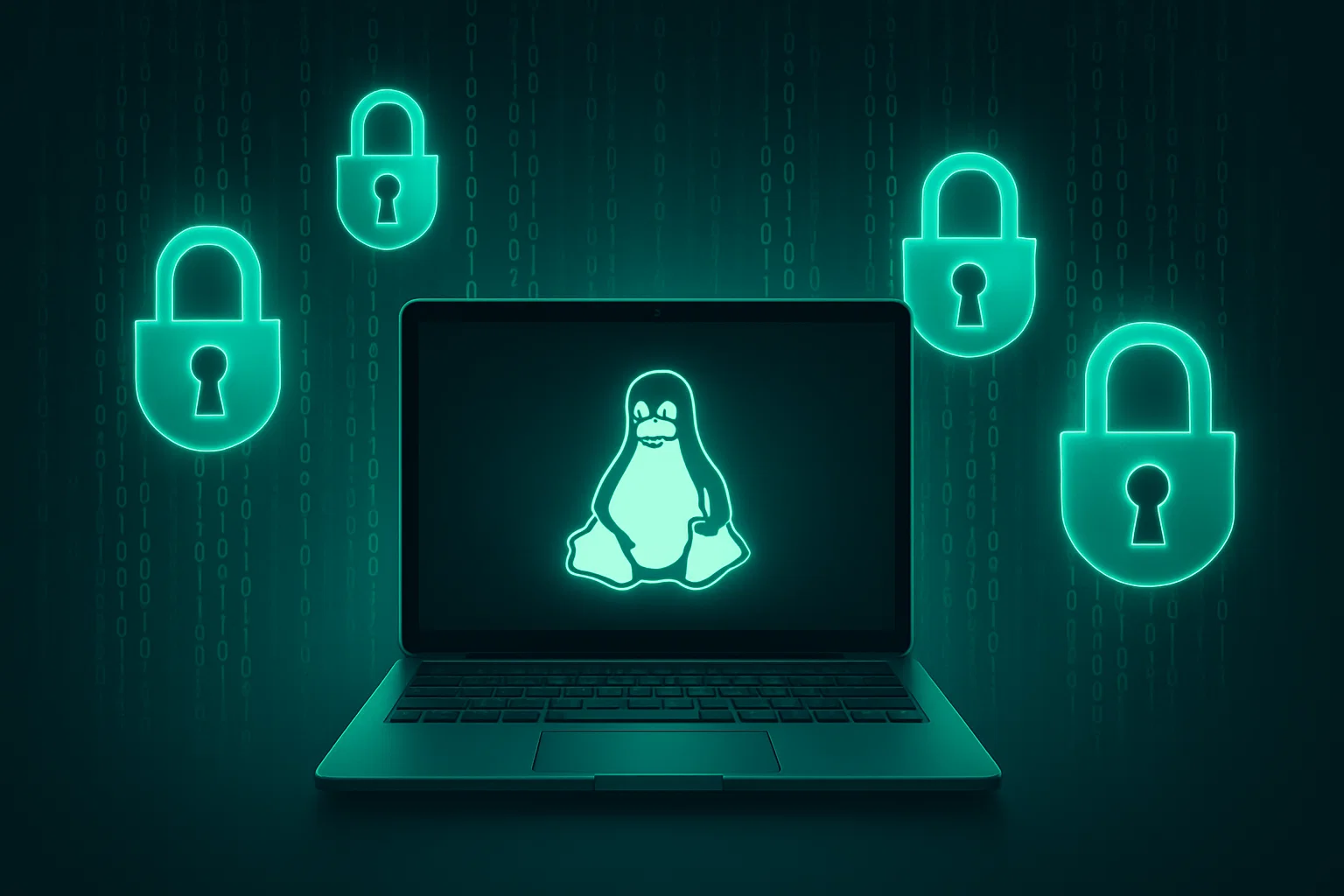The Importance Of Encryption For Linux Users
Encryption sounds like a word better left to security professionals, but if you’re on Linux, it’s closer to a daily necessity. Maybe that feels dramatic, but the truth is, Linux users often handle more sensitive data whether it’s coding projects, server access, or even just personal browsing habits that deserve privacy.

Let’s walk through why encryption matters, what’s actually at risk, and where you might want to start tightening the screws.
Why linux users should care about encryption
Linux has a reputation for security. That’s mostly deserved. Out of the box, it can feel safer than some other operating systems. Still, relying on reputation alone is a trap.
- Data leaks don’t discriminate by operating system.
- A stolen laptop running Linux is just as vulnerable without encryption.
- Even “private” home setups often pass data across networks you don’t control.
There’s also the matter of being a bit more… visible. Linux users, especially those running servers or managing development environments, can draw attention from attackers who assume there’s something valuable behind that shell prompt.
What encryption actually does for you
At its simplest, encryption scrambles your data so only someone with the right key can read it. Sounds basic, but that one step makes stolen files nearly useless.
For Linux users, encryption can take different forms:
- Disk encryption – protects your whole drive, so lost or stolen hardware doesn’t hand over your life.
- File-level encryption – useful when only certain folders or archives need to be locked down.
- Network encryption – think VPNs and secure tunnels for browsing or remote server access.
According to the National Institute of Standards and Technology (NIST), modern encryption is one of the most effective defenses against unauthorized data access. The strength isn’t in secrecy it’s in math, and math doesn’t cave to brute force easily.
Where linux shines (and where it doesn’t)
Linux gives you plenty of control. Tools like LUKS, GnuPG, or even built-in options in many distros make encryption accessible without extra cost. That flexibility is a gift, but also a hurdle.
Because you get to choose your approach, you also carry the risk of misconfiguring things. I remember setting up disk encryption once and realizing months later I had skipped the swap partition. It wasn’t catastrophic, but it was a reminder: small gaps leave room for leaks.
Encryption works best when it’s layered. That means not just locking your drive, but also considering your network traffic, your backups, even your temporary files.
Encryption beyond your hard drive
A lot of Linux users are comfortable locking down their machine but forget the “in transit” piece. Every time you connect to a network (especially public Wi-Fi) you’re rolling dice on who’s watching.
That’s where a VPN steps in. If you’re shopping for one, it’s pretty straightforward these days to buy a VPN online and protect your browsing. A VPN isn’t magic, but it encrypts your connection so eavesdroppers only see scrambled noise instead of your actual traffic.
Encryption isn’t just about protecting yourself from “bad actors,” either. ISPs and advertisers thrive on collecting data. Do you want your daily habits logged, sorted, and sold? Encryption makes that harder. Not impossible, but harder and sometimes that’s enough.
The open source angle
The good news: Linux users don’t have to chase down expensive security software. Many of the best encryption tools are free, transparent, and peer-reviewed. That’s the beauty of the open source community, it offers solutions that anyone can audit.
If you’re exploring your options, this list of open source tools is a great place to start. They’re not all strictly encryption-focused, but you’ll find plenty of utilities to build a secure environment without handing over your credit card.
Transparency matters here. When software is closed, you have to trust its creators blindly. With open source, there’s always the possibility someone has poked at the code and confirmed it’s not quietly betraying you.
Risks of ignoring encryption
It’s easy to shrug this off if you’re just using Linux for light personal use. “I’m not a target,” is a common thought. The trouble is, that assumption doesn’t hold. Attackers often cast wide nets, scooping up vulnerable machines in bulk.
According to a 2024 IBM report, the global average cost of a data breach reached nearly $4.5 million. That’s mostly enterprise-level pain, but it reflects just how much value attackers place on compromised systems. Your data personal files, SSH keys, saved passwords becomes part of that ecosystem if you leave it unprotected.
And if the threat feels abstract, picture something more mundane: a misplaced laptop on a train. Without encryption, that device is an open diary to whoever picks it up. With encryption, it’s basically a paperweight.
Practical steps for linux users
You don’t need to lock down everything at once. Start small and build:
- Enable full-disk encryption during installation if you can.
- Use
GPGfor sensitive files or archives. - Protect your connections with SSH and VPNs.
- Encrypt backups, especially if they’re stored in the cloud.
The Electronic Frontier Foundation also maintains guides and tools for staying private online. It’s a useful resource if you’re not sure where to begin or which practices actually matter.
One small step I’ve found practical: encrypting a single “vault” folder for the sensitive stuff while leaving the rest of the system standard. It’s less of a burden day-to-day, but it gives peace of mind.
Final thought
Encryption isn’t about paranoia, it’s about control. Linux gives you the flexibility to shape your own security, but flexibility without action doesn’t get you far. Maybe you won’t need it tomorrow, maybe not even this year. But when something goes wrong, you’ll wish you hadn’t left that door unlocked.